Ant Colony | Discover the Wonders of an Ant Colony Today!
Greetings, fellow nature enthusiasts! Today, we invite you to embark on an exciting journey into the fascinating world of ant colonies. These remarkable societies are teeming with life and activity, showcasing the remarkable intelligence and organization of these tiny creatures.
Have you ever wondered how ants build their nests or how they communicate with one another? Do you have questions about the size and structure of ant colonies or their incredible problem-solving abilities? Well, you're in luck because we're about to dive deep into the intricacies of ant colonies, answering all your burning ant FAQs along the way.
So, fasten your seatbelts and get ready to be amazed as we unveil the secrets of these miniature marvels. **Ant facts** await you at every turn, so let's not waste another moment—let's explore the wonderful world of ant colonies together!

Key Takeaways:
- Ant colonies are complex social systems composed of millions of ants.
- These colonies consist of a queen, males, and workers, each with their specific roles.
- Ant colonies create elaborate underground nests that can span vast areas.
- Despite the individual ants' limited intelligence, ant colonies exhibit collective intelligence and problem-solving abilities.
- The study of ant colonies has inspired various fields of human endeavor, including transportation and robotics.
The Complex Structure of Ant Colonies
Ant colonies are fascinating social systems with a complex structure that allows them to thrive. Let's explore the roles of different ant members and how they contribute to the overall functioning of the colony.
The Queen and Reproduction
The queen is the central figure in an ant colony. Her main responsibility is to lay eggs for the survival and growth of the colony. As the only fertile female, she mates with male ants to fertilize the eggs and maintain a constant supply of new ants.
The Workers and Their Duties
The majority of ants within a colony are female workers. These industrious ants take care of various tasks necessary for the colony's well-being. They gather food, build and maintain the nest, and defend it from intruders.
Did you know? Female ants are typically smaller than males but play a vital role in ensuring the colony's success.
The Massive Size of Ant Colonies
Ant colonies can reach astonishing sizes, with some containing millions of ants. The size of a colony depends on factors such as resources, environmental conditions, and the ant species. Larger colonies have a greater capacity to allocate specialized roles and accomplish more substantial tasks.
To provide you with a better perspective, here's a visual representation of the ant colony system:
| Ant Members | Roles |
|---|---|
| Queen | Lays eggs for the colony's survival |
| Males | Mate with the queen to fertilize eggs |
| Workers | Gather food, build the nest, and defend it |
The underground structures of ant colonies are equally impressive. They consist of interconnected chambers and corridors, forming an intricate network that can span vast areas, covering an entire acre or more.
Understanding the complexity of ant colony structures helps us appreciate the remarkable organization and teamwork these tiny creatures exhibit.
The Intelligence of Ant Colonies
Although individual ants may not be considered as intelligent, ant colonies display a collective intelligence that allows them to accomplish amazing feats. This phenomenon, known as ant colony intelligence, is a result of their complex social organization and communication techniques.
Ants communicate primarily through the use of scents, relying on odor trails to guide each other towards food sources or important locations. By laying down pheromones, ants create a chemical roadmap that can be followed by other members of the colony. They follow the principle of "follow the crowd," where the strength of a scent trail determines the number of ants that follow it.
"Ants have evolved a sophisticated system of chemical communication that enables them to coordinate their activities without the need for central control." - Dr. Deborah M. Gordon
This decentralized decision-making process allows ants to efficiently solve complex problems. For example, ants can determine the shortest and most efficient path between the nest and a food source by continuously reinforcing the pheromone trail and adjusting it based on the trail's strength.
This collective intelligence also enables ants to adapt to changing circumstances. For instance, if a previous route becomes obstructed or inefficient, ants can quickly establish a new path by exploring alternative options and reinforcing the successful trails.
Ants' remarkable problem-solving abilities have been studied extensively and even inspired human innovations in various fields. For example, researchers studying ant behavior have developed algorithms and optimization techniques based on ant colony intelligence to solve complex computational problems.
Ant Colony Intelligence in Action
| Application | Description | Benefits |
|---|---|---|
| Transportation Planning | Optimizing routes and scheduling to improve efficiency in transportation networks | Reduces travel time and congestion, leading to cost savings and improved service |
| Resource Allocation | Determining the optimal distribution of resources in a network or system | Efficient utilization of resources, minimizing waste and maximizing productivity |
| Robotic Swarms | Coordination and collaboration among multiple robotic units to achieve a common goal | Increased capabilities for exploration, search and rescue, and other complex tasks |
| Social Systems | Understanding and improving human social systems through insights from ant colonies | Enhanced decision-making, adaptability, and resilience in social structures |
By studying the intelligence of ant colonies, scientists and researchers are gaining valuable insights into decentralized decision-making, self-organization, and system optimization. This knowledge has the potential to drive innovation and improve various aspects of human society.

The Impact of Ant Colonies on Society
The study of ant colonies has provided valuable insights into various aspects of human society. Ant colonies operate without a central authority or hierarchy, relying on simple rules and decentralized decision-making. This concept has been applied to fields such as transportation and customer service, with Southwest Airlines using ant-inspired boarding methods to improve efficiency. Ant colonies have also inspired research on self-organizing systems and swarm intelligence, contributing to advancements in robotics and computer science.
Ant Colony Systems in Action
One notable example of how ant colony systems have influenced human society is in the field of transportation. Inspired by the efficient movement of ants along scent trails, Southwest Airlines developed a boarding process that mimicked the decentralized decision-making of ant colonies. By utilizing a process that allows passengers to choose their own seats freely, Southwest Airlines has achieved faster boarding times and improved customer satisfaction.
“We observed the ants and thought, ‘my gosh, they are running around really fast just following each other’s trails, and they get stuff done,'” said Paul M. Romer, a former director of the Urbanization Project at the New York University Stern School of Business. “Maybe that could help us understand aggregating a bunch of passengers efficiently onto an airplane.”
Besides transportation, ant colony systems have also been applied to customer service. In call centers, companies have adopted the ant-inspired concept of decentralized decision-making to efficiently route customer inquiries. By allowing customer service agents to handle different types of requests rather than following a rigid hierarchy, companies can provide faster and more personalized service, enhancing customer satisfaction.
Advancements in Robotics and Computer Science
“Ants are a system where there’s no supervisor but ants get things done systematically,” said Marco Dorigo, an expert in swarm intelligence and a professor of computer science at the Universite Libre de Bruxelles. “And that’s interesting. That can be advantageous when you think of systems where having a central supervisor is not feasible or not desirable.”
In addition to practical applications, ant colonies have inspired significant research in the fields of robotics and computer science. By studying the collective behavior of ants, researchers have developed algorithms and models for swarm intelligence. These advances have contributed to the development of autonomous systems, such as self-driving cars and intelligent drones, that operate without the need for centralized control.
Overall, the impact of ant colonies on society extends far beyond the natural world. Through their decentralized decision-making and self-organizing systems, ants have provided valuable insights into how we can efficiently tackle complex tasks and improve various aspects of human life. By taking inspiration from ant colony systems, we continue to unlock new possibilities and push the boundaries of innovation.
Conclusion
Ant colonies are an incredible testament to the collective intelligence and organization found in nature. These tiny creatures, with their complex underground structures and remarkable problem-solving abilities, serve as a reminder of the boundless diversity and ingenuity of the natural world. As scientists delve deeper into the study of ant colonies, they continue to uncover valuable insights into social behavior that can be applied to a wide range of human endeavors.
By observing the behavior of ants and the systems they create, researchers are gaining a deeper understanding of organizational dynamics and decision-making processes. This knowledge has the potential to revolutionize fields such as transportation and customer service, as we draw inspiration from the simplicity and efficiency of ant colony systems.
Furthermore, ants provide us with invaluable lessons in teamwork and collaboration. Their ability to work together as a unified society, relying on simple rules and communication methods, has inspired advancements in robotics and computer science. The world of swarm intelligence holds immense potential for solving complex problems and improving efficiency in various domains.
So, the next time you come across an anthill, pause for a moment to appreciate the extraordinary world that exists beneath your feet. Ant colonies are not simply a fascinating marvel of nature—they are living proof of the incredible feats that can be achieved through collective intelligence and organization.
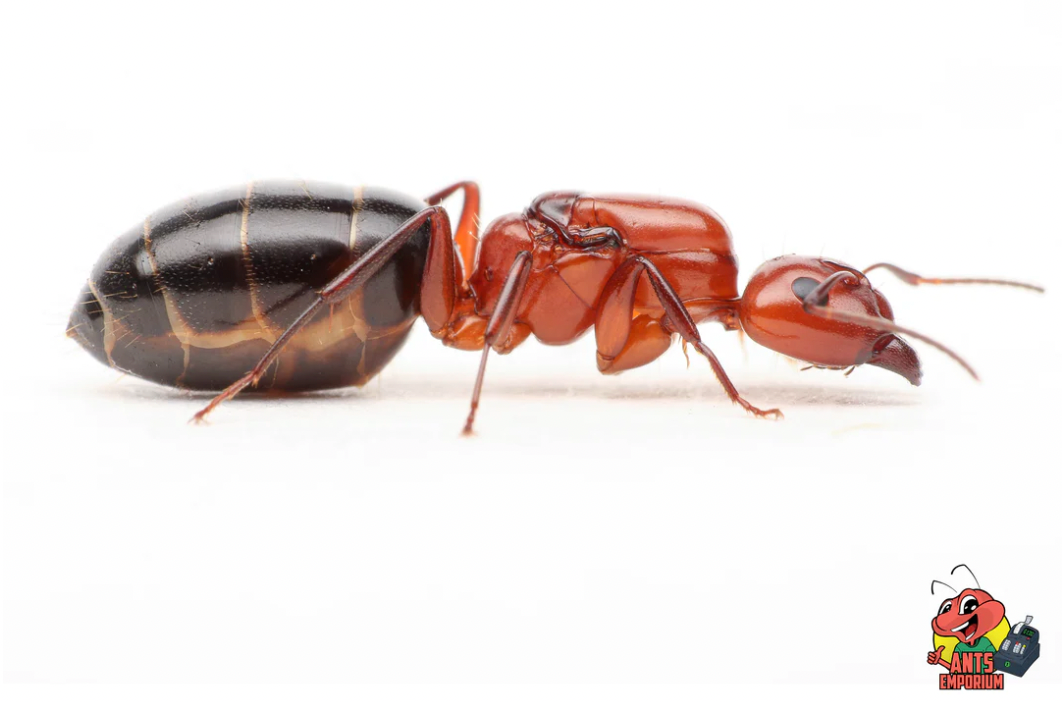
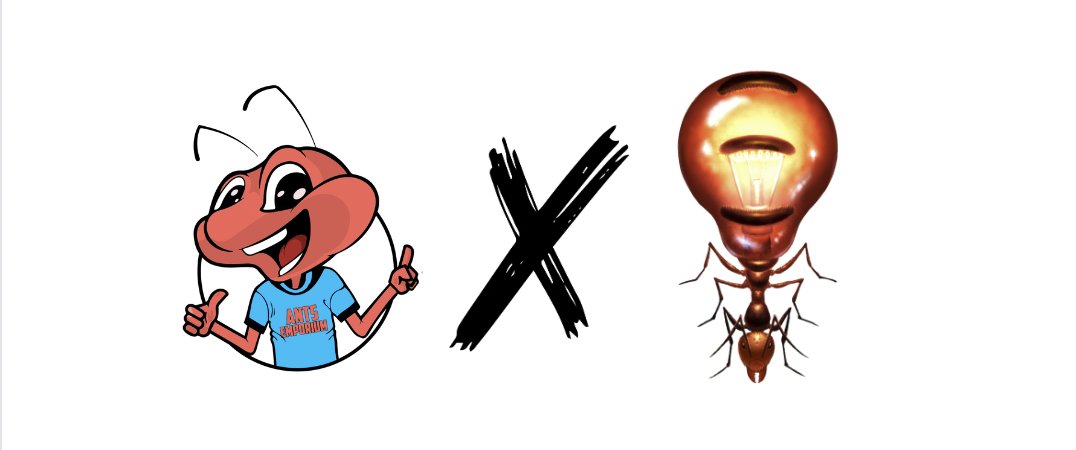
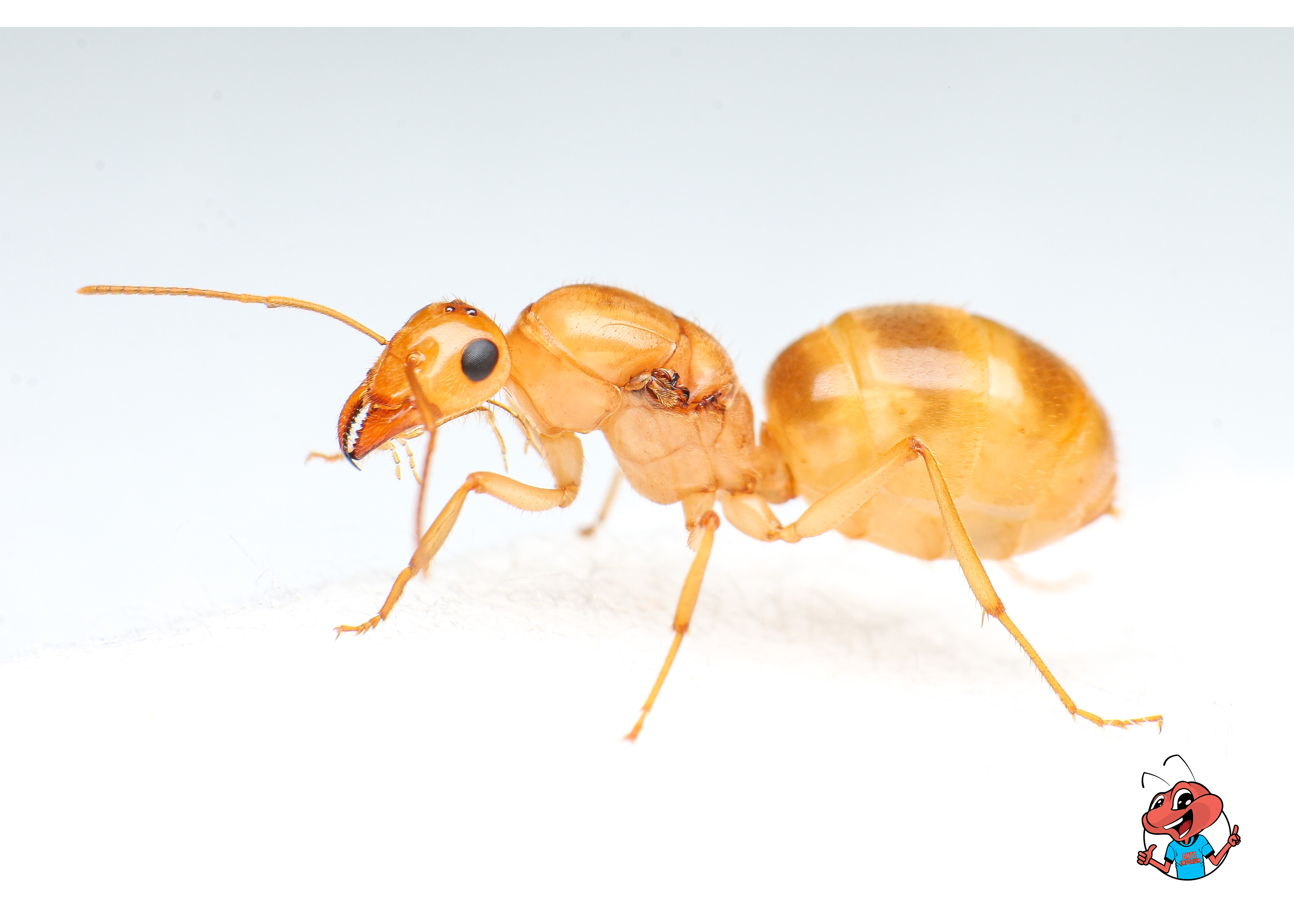
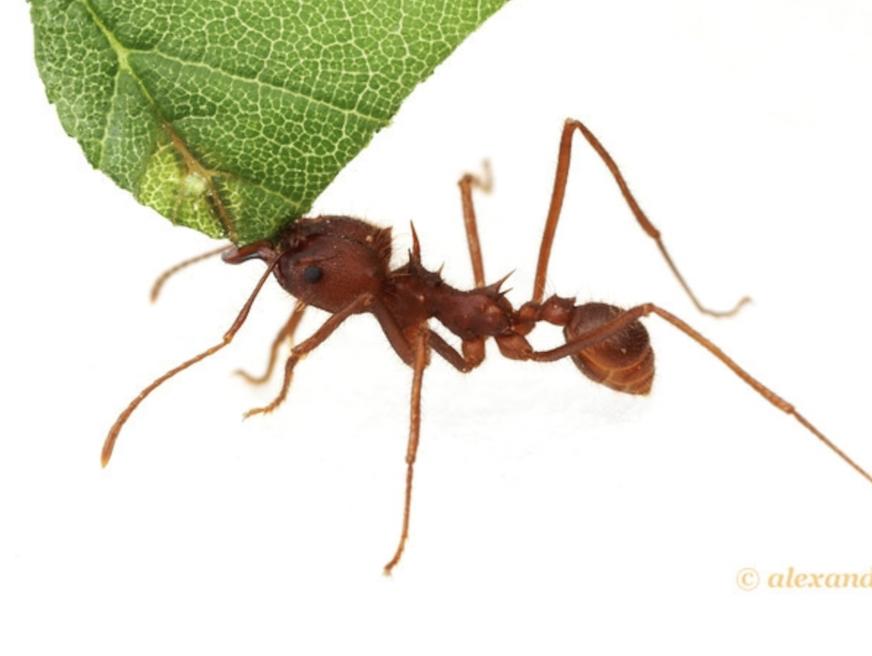
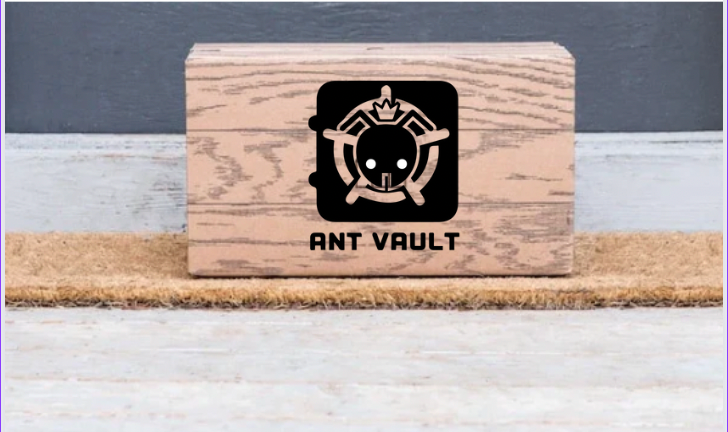



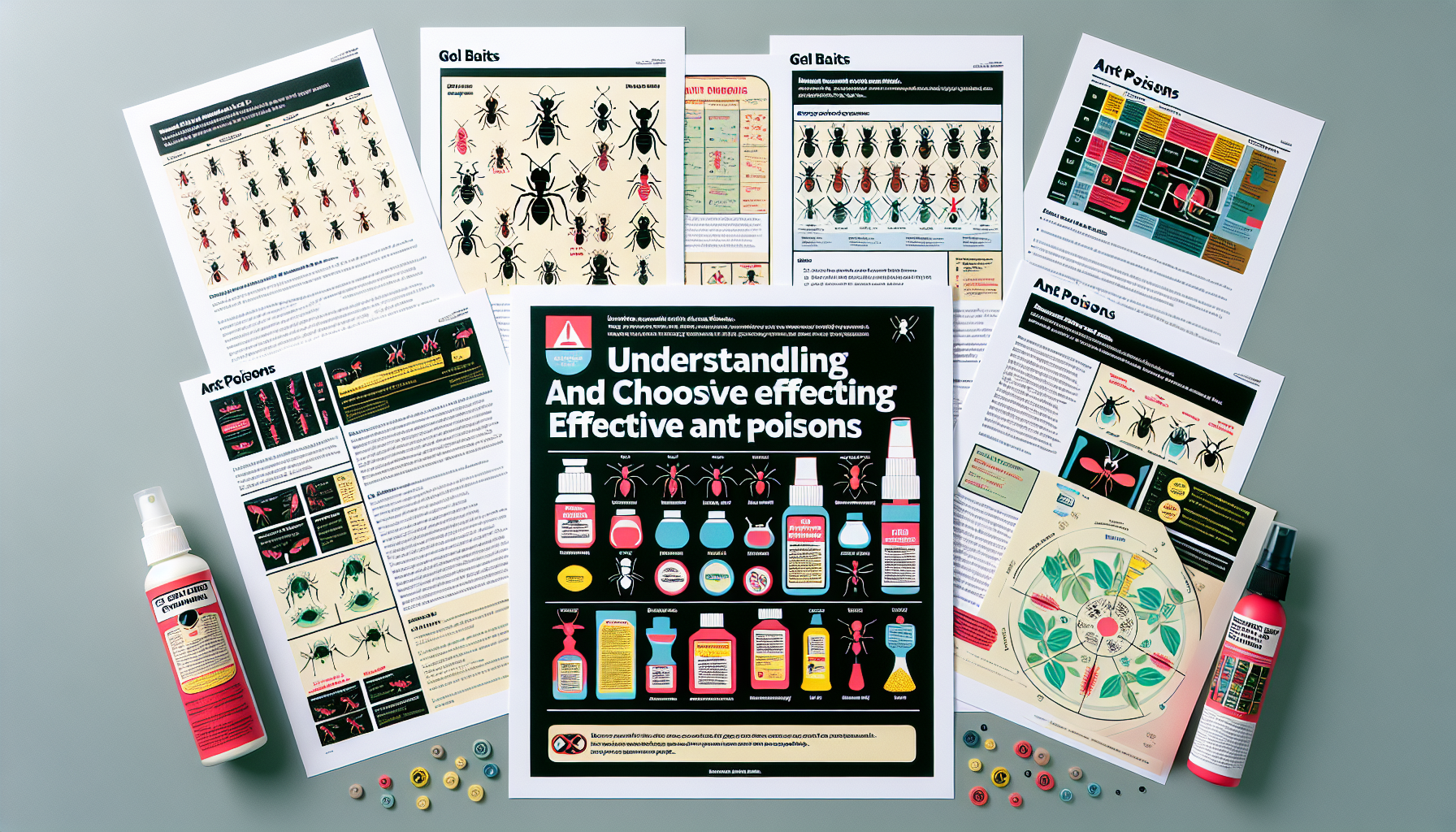
Leave a comment